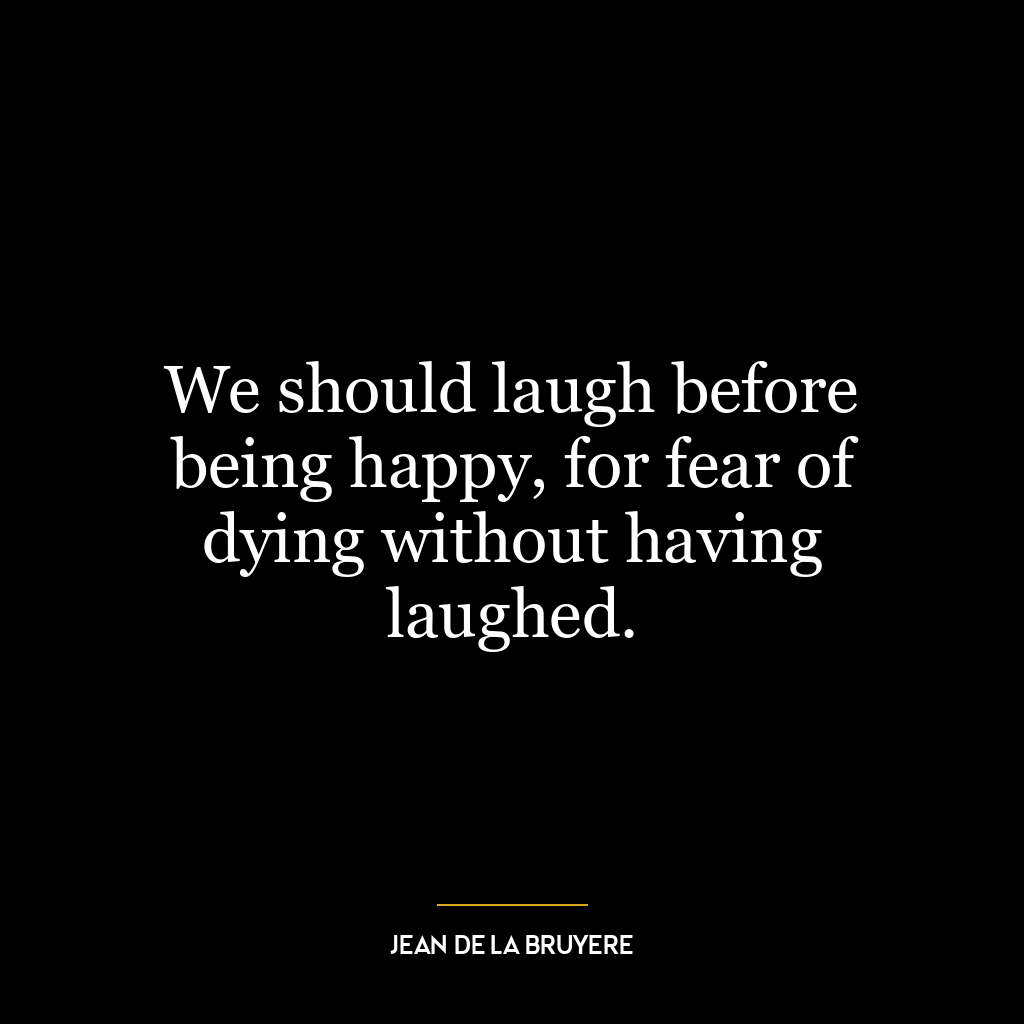If I did not have a sense of humor, I would have long ago killed myself.
This quote implies the importance of humor as a survival tool in life. It suggests that humor can act as a shield, protecting us from the harsh realities and challenges we face. It is not about ignoring or dismissing these difficulties, but rather about finding a way to cope with them. Humor provides relief, lightness and perspective in tough situations; it makes life bearable when it seems unbearable.
Gandhi’s words reflect his understanding of humor as an antidote to despair. He suggests that without this ability to find amusement amidst adversity, he might have succumbed to the overwhelming pressure and hardships he faced.
In today’s world, this idea remains highly relevant. We live in an era marked by stress, mental health issues and societal pressures; where news headlines often bring stories of violence, injustice and suffering into our everyday lives. In such times, maintaining a sense of humor can provide much-needed respite and resilience.
In terms of personal development too, cultivating a sense of humor holds great value. It aids in developing emotional intelligence as one learns to navigate difficult emotions with grace rather than letting them lead to self-destruction or harm towards others. A good laugh can reduce stress hormones like cortisol and release endorphins which are body’s natural feel-good chemicals promoting overall well-being.
Furthermore, having a sense of humor often involves being able to see the irony or absurdity in situations which requires stepping back from immediate experiences – an important aspect for personal growth because it allows us room for introspection and learning from our errors without getting stuck on them.
So while Gandhi’s quote may seem dramatic at first glance – suggesting suicide without humor – what it truly underscores is how crucial having levity amidst severity is for sustaining ourselves through life’s trials.







![I never have wit until I am below stairs.
[Fr., Je n’ai jamais d’esprit qu’au bas de l’escalier.]](https://quotes.guide/wp-content/uploads/jean-de-la-bruyere/jean-de-la-bruyere-785341.png)

